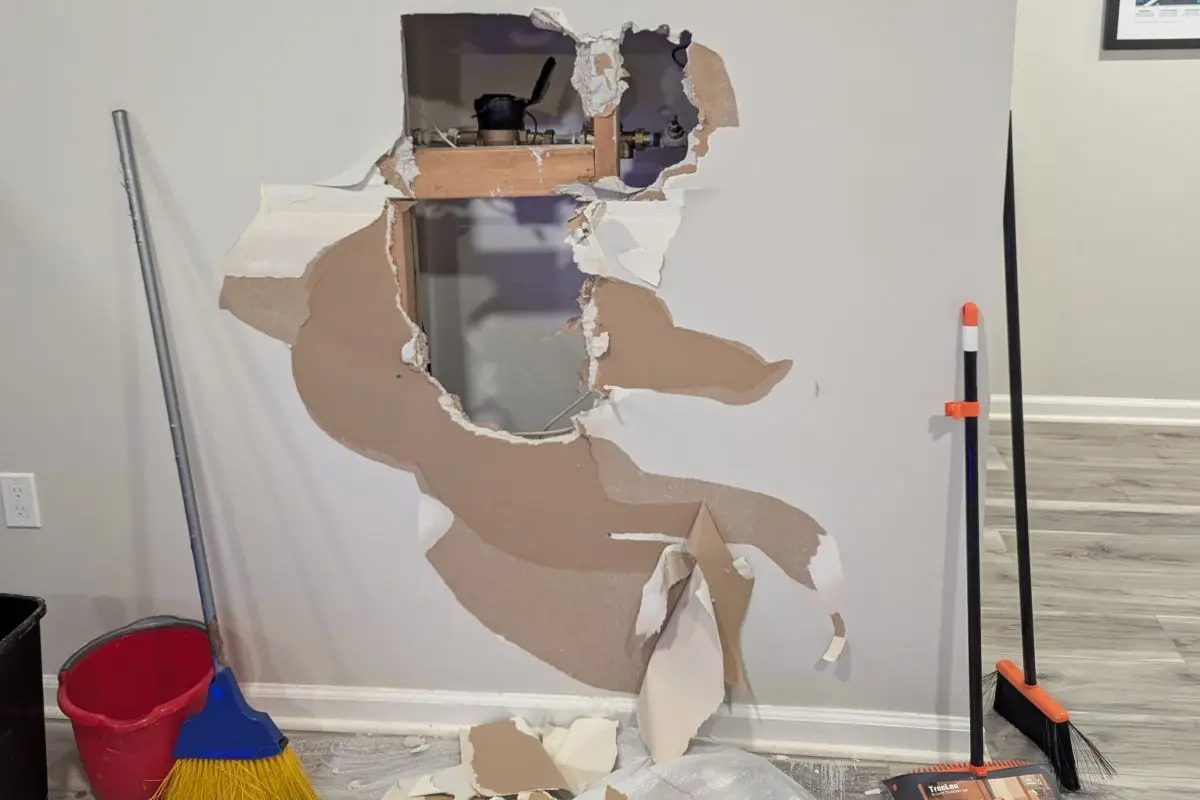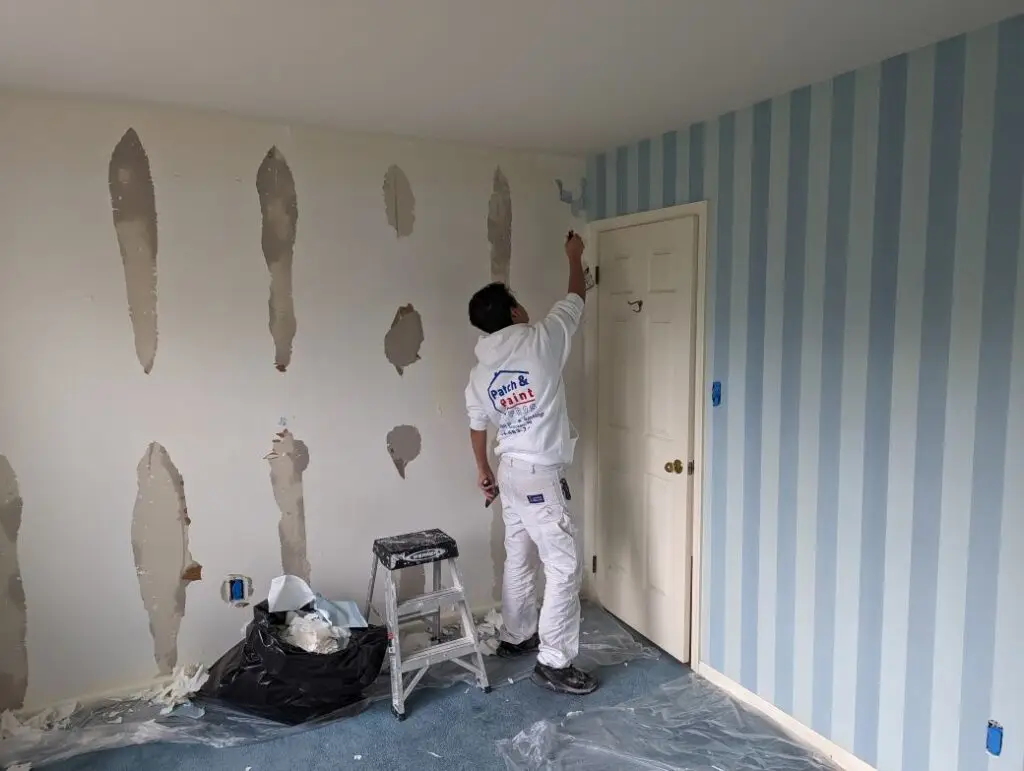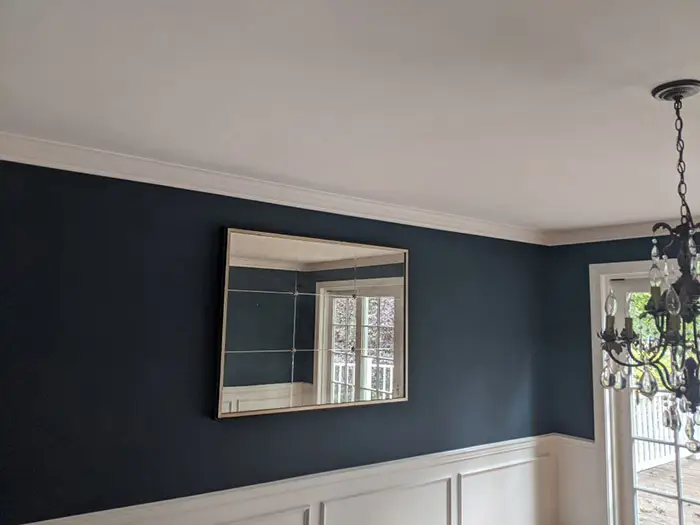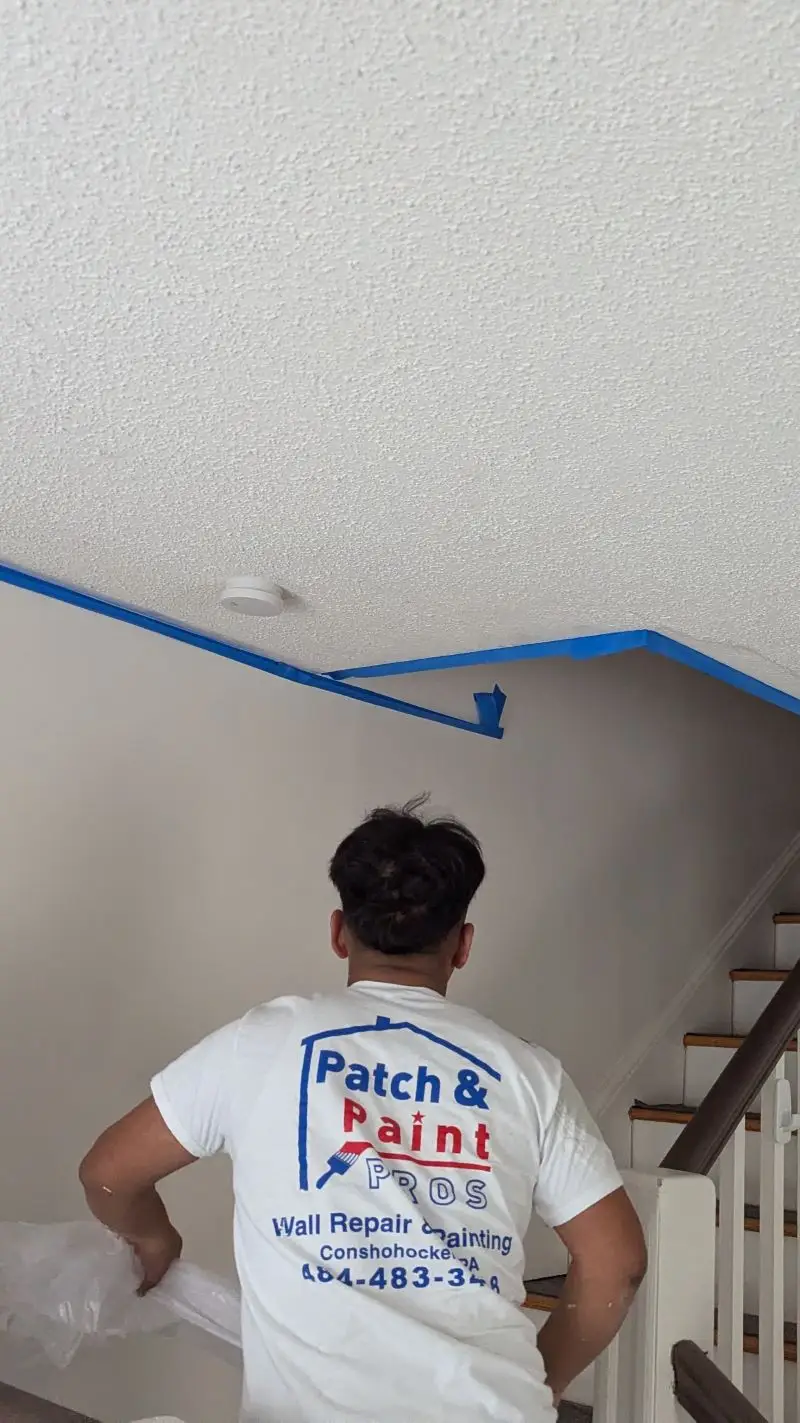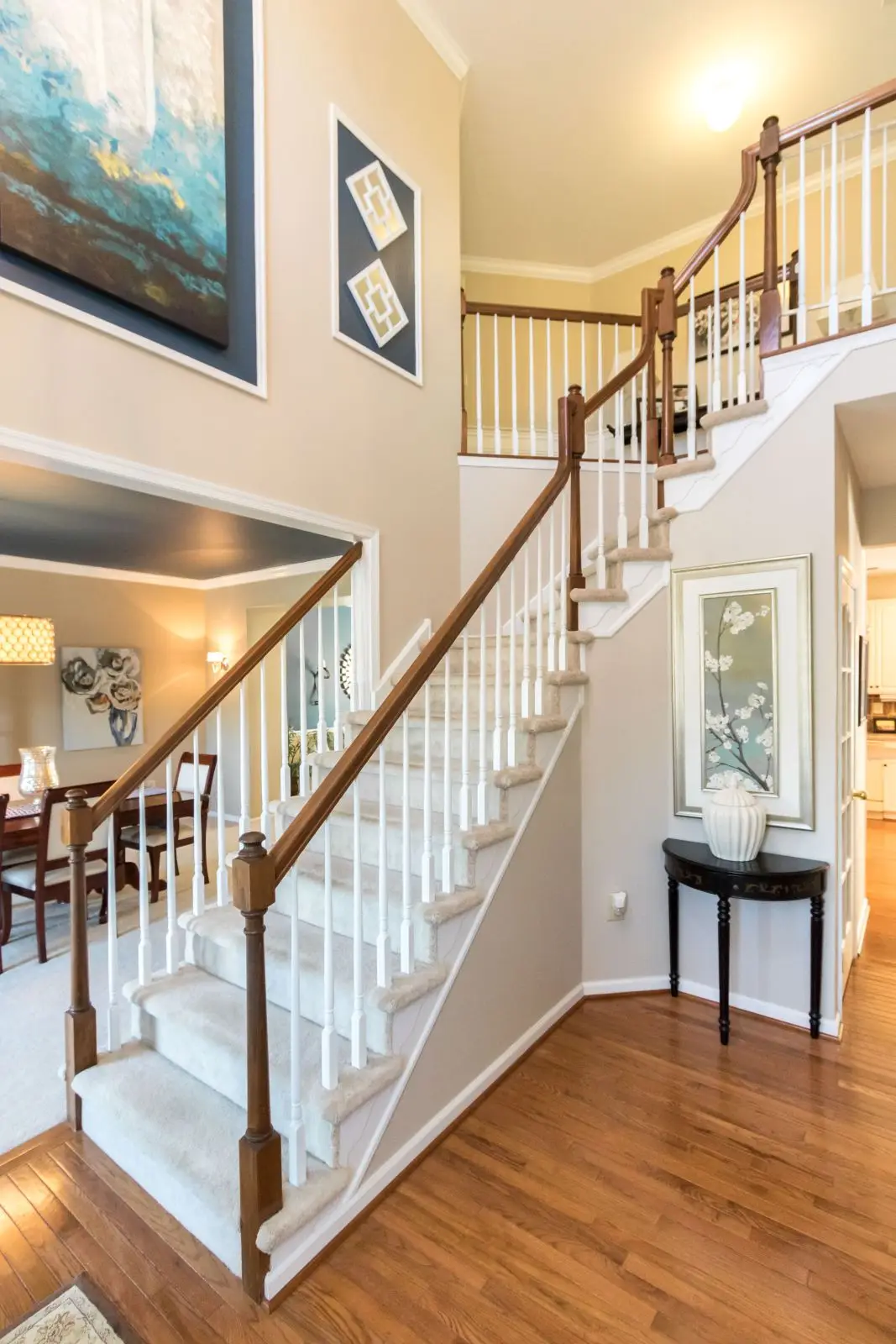If you’re planning a construction or renovation project that involves drywall, it’s crucial to choose the right type of drywall for your needs. With so many options available, it can be overwhelming to determine which one is the best fit for your project. In this article, we’ll delve into the different types of drywall available on the market and their unique properties, so you can make an informed decision. We highly recommend consulting with professional drywall services to ensure your project is completed to the highest standards.
Regular Drywall
Drywall installations, also known as gypsum board or Sheetrock installations, are a common choice for various home construction projects. They are cost-effective materials that can be easily cut and installed with the appropriate tools and techniques. Drywall projects are preferred for large-scale interior wall jobs, especially when the budget is a concern.
However, it is important to note that regular drywall is vulnerable to water damage. As such, any exposed surfaces must be sealed off using joint compound or other appropriate materials to protect them from moisture penetration. For this reason, it is recommended to hire experienced drywall contractors for any installations or repairs to ensure the best outcome.
Fire-Resistant Drywall
Fire-resistant drywall is an important option for construction that requires a higher level of fire protection. These boards are treated with either chemical or mineral fire retardant treatments and/or heat-resistant coatings to make them more resilient against fires and high temperatures.
Fire-resistant drywall can be used in commercial settings, such as hospitals and schools, where the need for improved safety from potential fires is critical. This type of drywall also offers better soundproofing than regular drywalls due to their thicker composition. Additionally, these boards provide added structural stability in walls or other structures by strengthening the wall’s core elements.
Overall, fire-resistant drywall provides enhanced safety through its increased resistance to potentially catastrophic events like fires and earthquakes. Its thick composition helps to reduce noise pollution while providing additional structural support within walls. With this in mind, it’s clear why this type of drywall may be a great choice for homes or businesses looking for extra protection from potential hazards.
Soundproof drywall provides yet another layer of insulation and noise control solutions for both residential and commercial applications.
Soundproof Drywall
Moving on from fire-resistant drywall, soundproof drywall is an ideal option for homeowners who want to minimize noise in their homes. This type of drywall uses special sound-dampening compounds and can be easily installed with a DIY installation, making it perfect for those looking for a cost-effective solution. Soundproof drywall also provides excellent noise canceling capabilities that make it the go-to material for any room where you need extra quietnesses—such as bedrooms or recording studios.
Although soundproof drywall may have some drawbacks, such as its thickness and weight compared to regular drywall, these should not deter anyone from considering this product due to its overall effectiveness at reducing unwanted noise. With all of the benefits that come with using soundproof drywall, it’s no wonder why more and more people are turning to this option when they want to keep their homes peaceful and tranquil.
Moisture-Resistant Drywall
Moisture-resistant drywall is like a superhero, able to block out water and moisture while providing superior strength. Its superpower lies in its ability to protect against humidity, mold, rot, mildew, and other dampness that can damage walls. It’s the perfect choice for any area of your home or business where you need additional waterproofing considerations.
Here are three reasons why it’s a great option:
- Installation methods – Moisture-resistant drywall has special installation methods designed specifically for areas with high levels of humidity. This ensures the wall will not only stay strong but also be resistant to water infiltration from the outside environment.
- Strength – Not only does this type of drywall provide added protection from moisture, but it also offers greater structural support than standard drywall options due to its increased thickness and density.
- Durability – With extra layers of water protection, moisture-resistant drywall stands up better over time against cracks and dents compared to traditional drywalls which tend to weaken when exposed to wet conditions.
These characteristics make moisture-resistant drywall an ideal solution for anyone looking for a long-lasting wall material both inside and outside its properties. And since it comes at virtually no additional cost compared to regular drywall choices, there’s no reason not to consider using it in your next project!
Lightweight Drywall
Moving on from moisture-resistant drywall, lightweight drywall is another great option for many projects. It’s a thinner material than standard drywall and can be installed quickly and easily with specialized tools. While it may not offer the same degree of strength or protection as other types of drywall, it still provides excellent coverage in any room.
Installation tips should focus on using screws that are designed to work with this type of material, rather than regular nails. Finishing techniques such as taping and mudding must also factor in the particular needs of lightweight drywall; its thinner nature means more care needs to be taken when applying these finishes so that they don’t crack over time.
All in all, lightweight drywall makes an attractive choice for those looking to save time during installation without sacrificing results.

